 LI MIN/CHINA DAILY
LI MIN/CHINA DAILYThe United Nations marks its 80th anniversary this year — a milestone usually observed with a series of commemorative events. Yet this year, unlike previous decades, the global backdrop is profoundly different. Humanity stands at a pivotal crossroads, and the UN faces crucial questions about its purpose and direction. Amid major changes in the global landscape, the depth of the UN's challenges, the severity of its crises, and the weight of its mission are unparalleled. At this moment, reflecting on the founding ideals of the UN, examining its present predicaments, and envisioning its future path is not merely a tribute — it concerns the fate of all humankind.
World War II was a global catastrophe involving 61 nations and 2 billion people, causing immense humanitarian and civilizational suffering. From the debris of the war, the international community, having learned the lessons from the failure of the League of Nations after World War I, established the United Nations in 1945. Anchored by the UN Charter as the foundation of postwar international law, the UN was created to prevent future wars and uphold world peace and security.
The UN's founding was no historical accident — it was the result of humanity's determined pursuit of peace and institutionalized efforts to create a system to sustain it. As the most universal, representative and authoritative international organization over the past 80 years, the UN has played an indispensable role in promoting peace and development, mediating relations among nations, and preventing conflict and nuclear proliferation. It has become the greatest common denominator and largest global public good. Although the UN system is far from perfect, without this platform, the world would lack effective channels of communication, major powers would be more prone to confrontation and conflict, and the basic framework for global governance would be difficult to establish. Especially in today's turbulent and uncertain era of profound change, the UN's embodiment of multilateral consensus and mechanisms for international cooperation remain a cornerstone of global stability.
Today's world is entering an era of multidimensional change — involving not only geopolitics, power balances, and the relative rise and fall of civilizations, but also profound shifts in values, societal systems, technology and the environment. Humanity faces unprecedented global challenges: escalating conflicts, erosion of international norms, the intensifying climate crisis and heightened tech-driven threats. These challenges are corroding the postwar international order, imperiling peace, development and even human existence.
The UN should be leading and coordinating responses to these threats — but its authority and effectiveness are being eroded. Especially amid unilateral actions and power politics by certain major countries, the UN's functions are severely undermined. The United States, clinging to a Cold War mindset, is building "small yard, high fences" globally and stirring conflict among great powers, fracturing international unity. With its "America First" policy, the US has withdrawn from treaties on politics, security, economy, finance, humanitarian aid and climate action, while imposing high tariffs that disrupt international norms. The US, adhering to a unilateralist approach, has sought geopolitical gains by instigating regional conflicts and even waging wars directly, seriously undermining regional and global peace and security. Such actions by the US have gravely eroded the UN's ability to safeguard peace and development, damaging the authority and credibility of the organization.
Meanwhile, as great power tensions have increased, the UN Security Council — tasked with maintaining global peace and security — has proved ineffective in responding to major crises in Ukraine and the Middle East. The Ukraine crisis, now in its third year, shows no signs of resolution, while the ongoing Israeli-Palestinian conflict continues to cause significant civilian casualties and humanitarian disasters — with the US even directly intervening in the conflict. In addressing climate change — a critical issue for the survival and development of humanity — the UN has made slow progress, with limited impact, failing to halt the worsening global climate crisis. At present, the UN is facing a pivotal moment marked by declining effectiveness, diminishing influence and a growing credibility crisis. It is imperative that the international community revisit the UN's founding aspirations, support its core mission, rebuild its authority, and revitalize its effectiveness.
Despite the headwinds, the UN continues to offer the broadest platform for global consensus and shared interests, and its future bears directly on worldwide peace, security and prosperity. Supporting and revitalizing the UN must be a collective international responsibility — and the focus of the 80th-anniversary commemorations this year.
The UN Charter is the foundation of contemporary international law, and the UN lies at the heart of the global multilateral system. Safeguarding its central role and the rules-based international order is the only viable path for countries to achieve mutual benefit and win-win results while avoiding confrontation and conflict. Adherence to multilateralism ensures that all countries can express their views reasonably and engage in equal consultation, serving as the fundamental prerequisites for international cooperation. Defending the international order and multilateralism is essential to preserve the UN's authority and effectiveness — and it is the key to addressing the crises currently confronting humanity.
Major countries must demonstrate responsibility and leadership. At key turning points in history, major countries often play a decisive role. As a founding member of the UN and a permanent member of the UN Security Council, China has consistently upheld multilateralism, firmly safeguarded the authority of the UN, and actively promoted the evolution of the international order toward greater fairness and justice. China has put forward the Global Development Initiative, the Global Security Initiative and the Global Civilization Initiative, contributing to the ongoing reform and improvement of the global governance system. In a world marked by turbulence and uncertainty, China has shown its commitment to upholding international justice and the shared interests of all nations. In the face of bullying tactics directed at leading trading nations and severe shocks to the international trade system, China has stood firm against hegemonic pressure, taken decisive countermeasures, and defended the rules-based global trade order.
The world must unite and work together. In the face of global challenges such as climate change, public health and the risks posed by artificial intelligence, no country can stand alone. All nations — especially major powers — must abandon zero-sum thinking and a Cold War mentality, place the interests of all humanity above narrow national agendas, and uphold the broader framework of solidarity and cooperation. Only by doing so can we foster win-win progress and move toward building a closer global community with a shared future.
Eighty years ago, the UN emerged from the ruins of World War II, carrying humanity's shared hopes for peace and development. Today, as the world stands once again at a critical juncture, the future of the UN hangs in the balance. At this pivotal moment, only by resolutely supporting the UN, rebuilding global consensus, and deepening international cooperation can we safeguard the future of human civilization and open a new chapter of peace and development.
The author is a researcher at the National Institute for Global Strategy at the Chinese Academy of Social Sciences. The author contributed this article to China Watch, a think tank powered by China Daily.








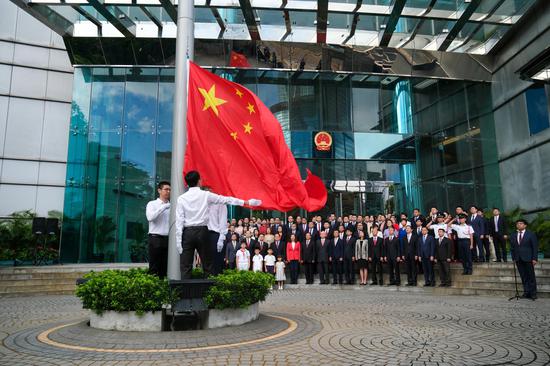
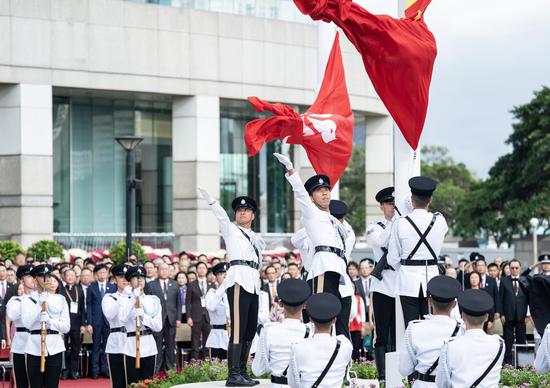


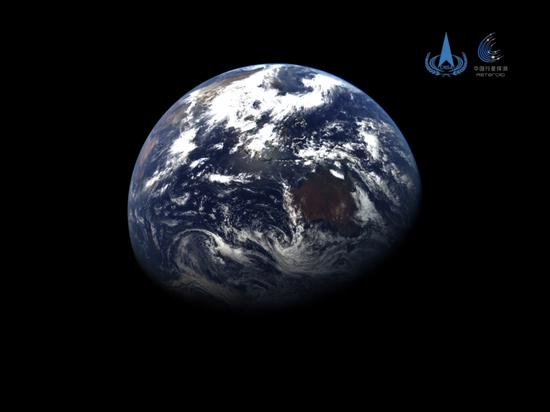
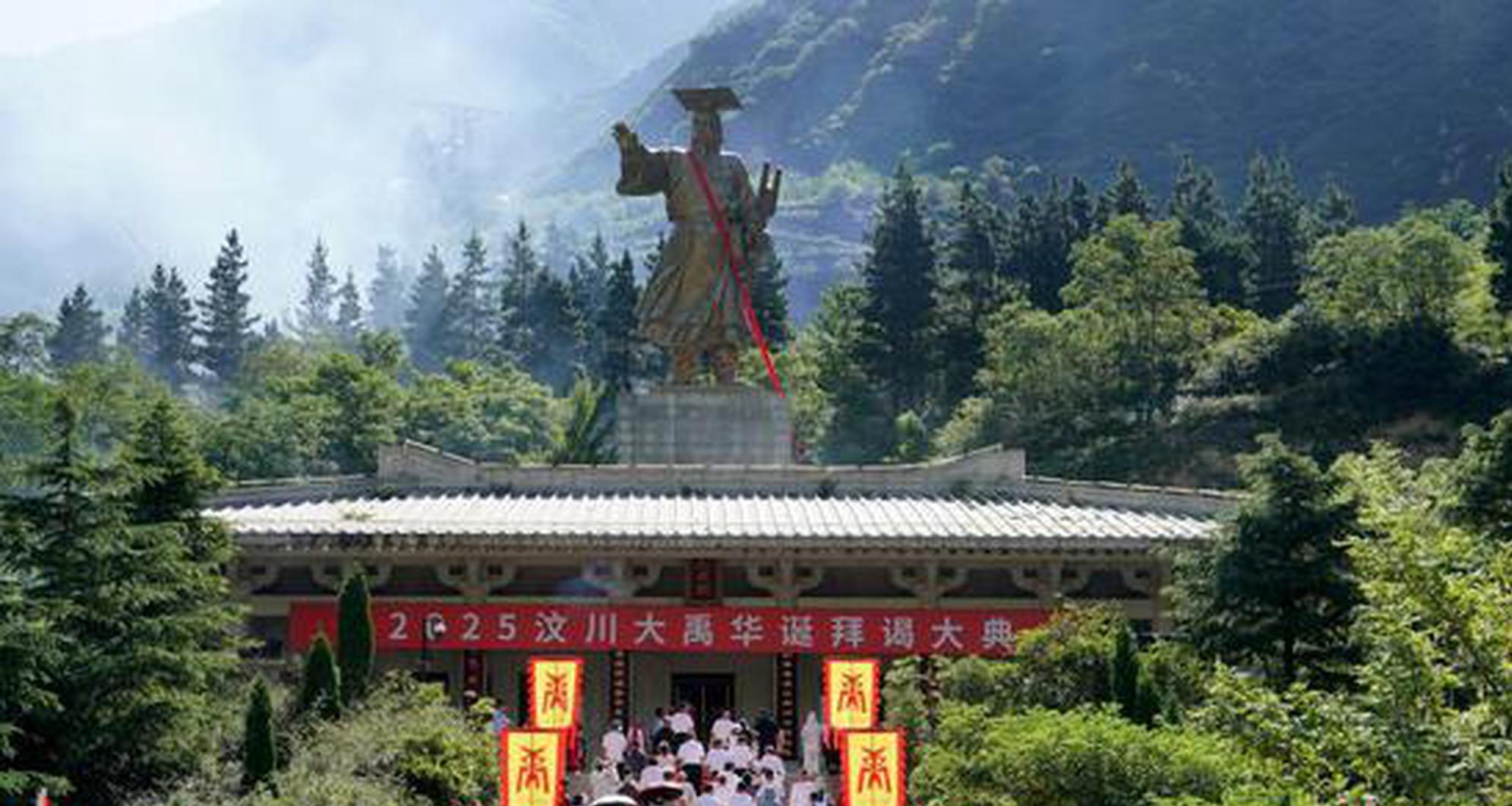
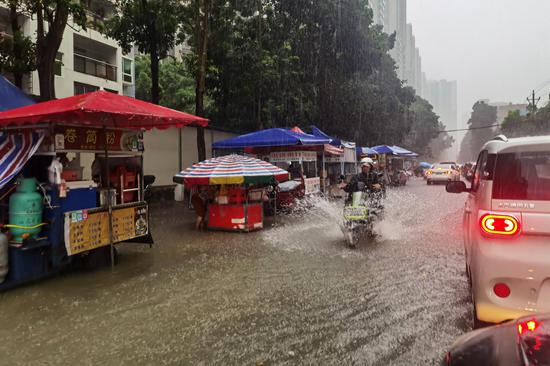

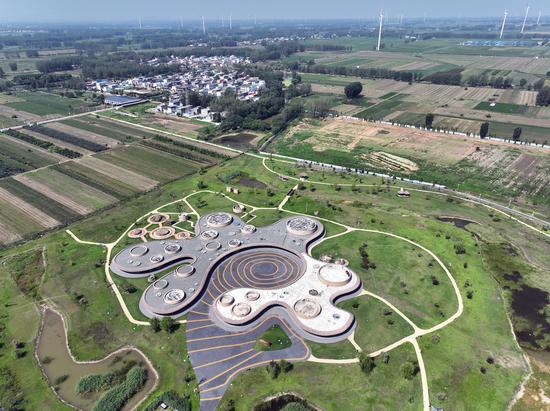


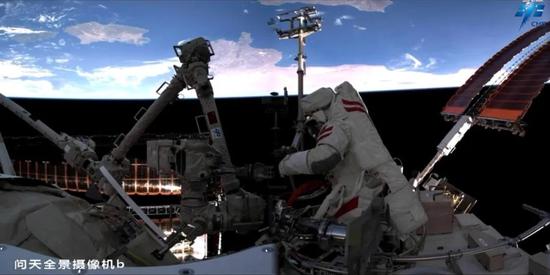

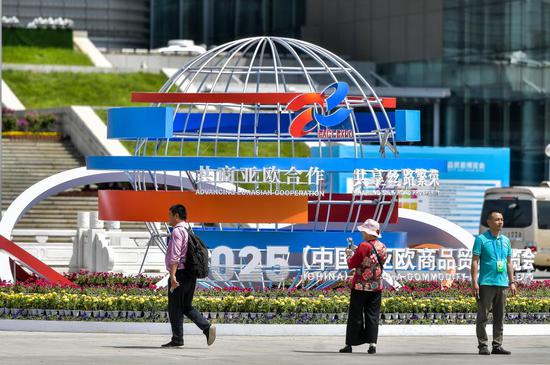
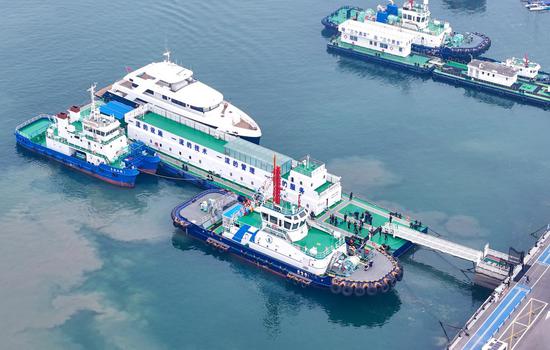
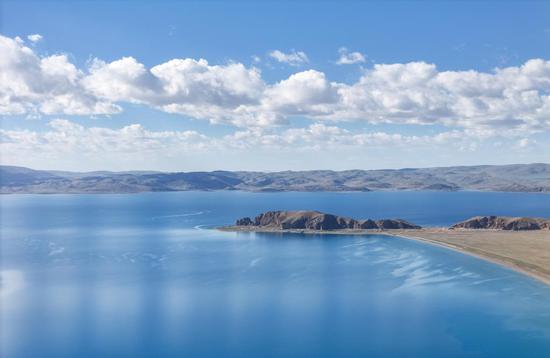

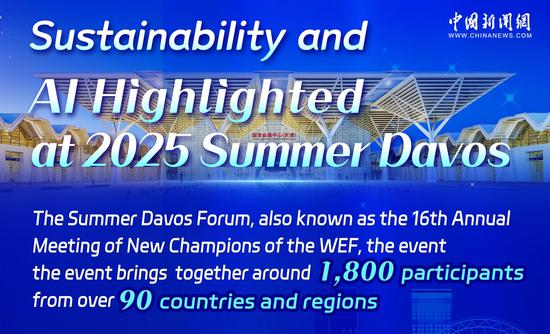
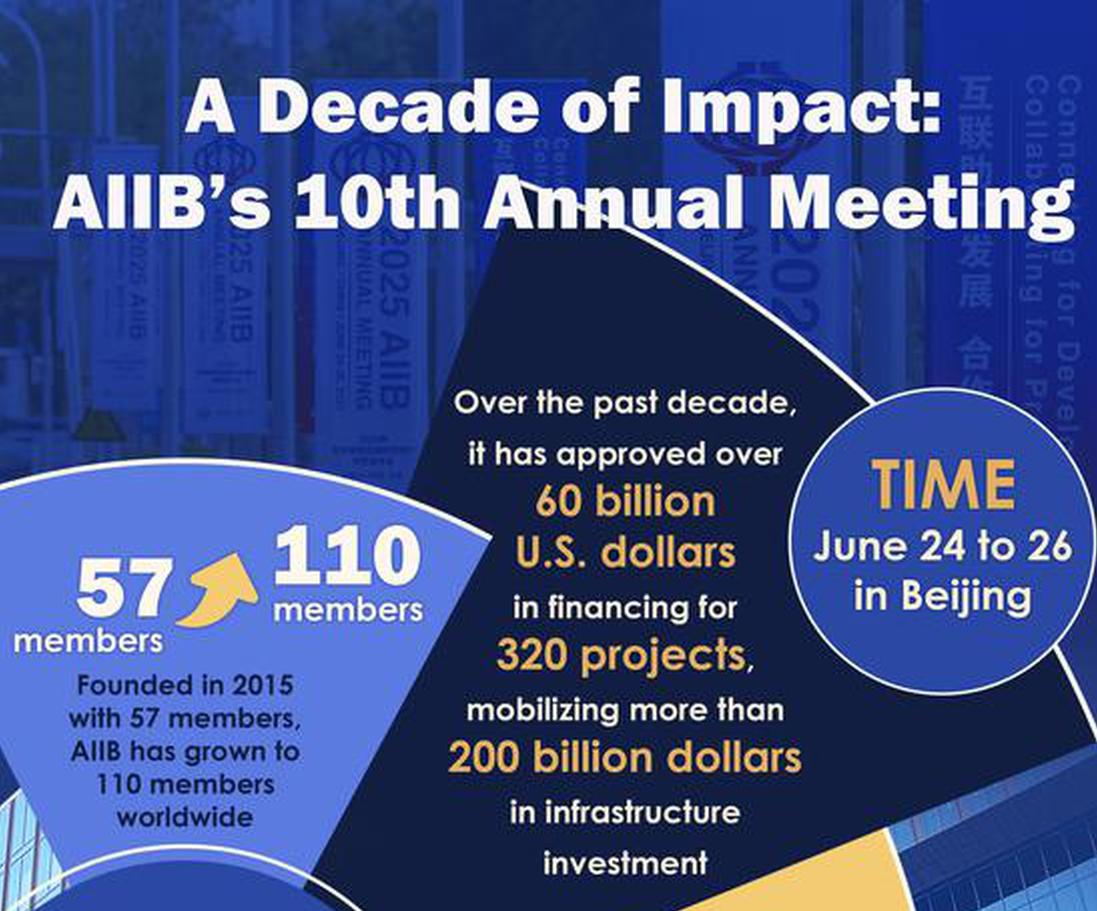
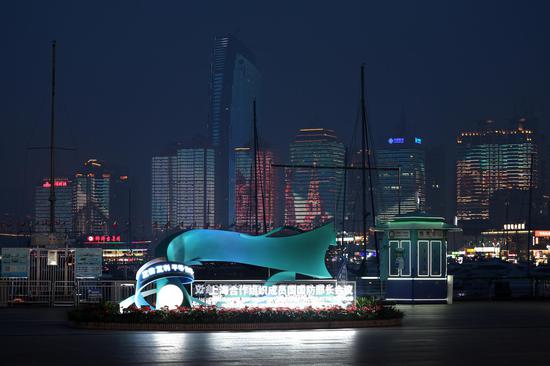
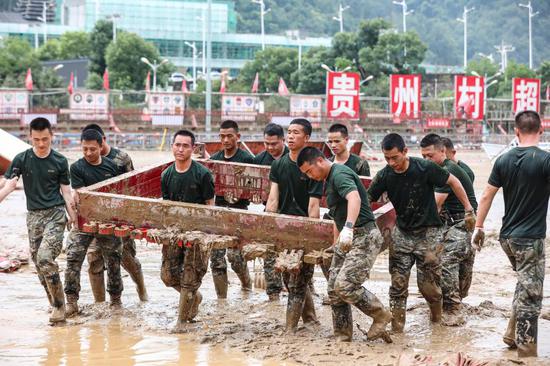

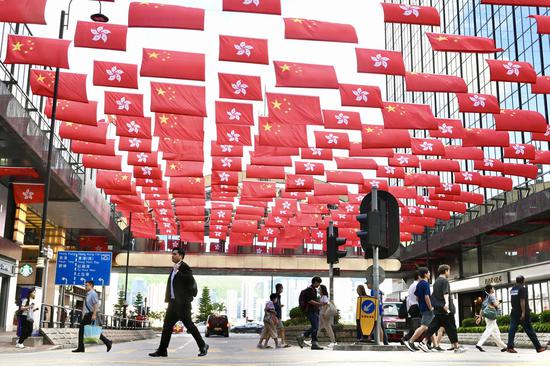


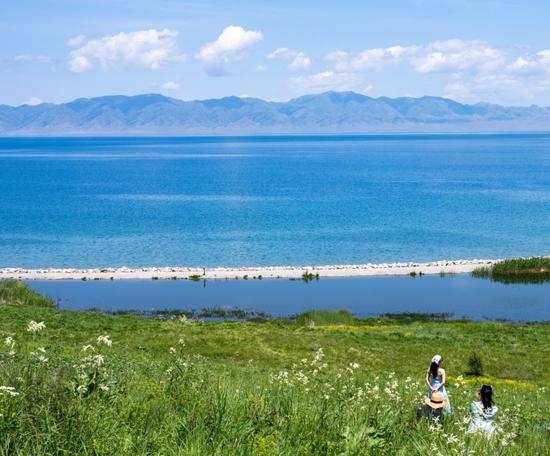
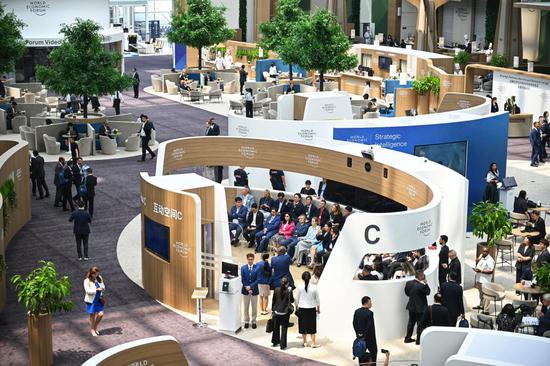
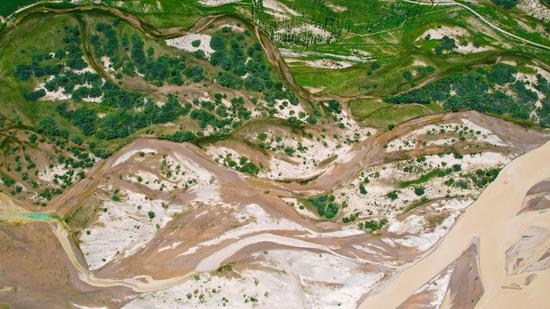



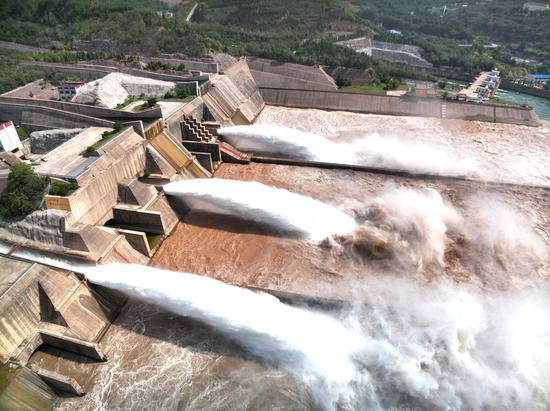
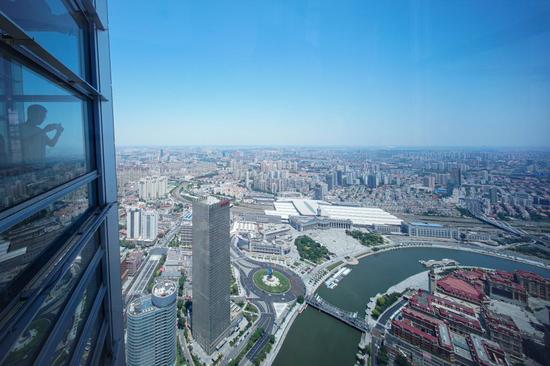


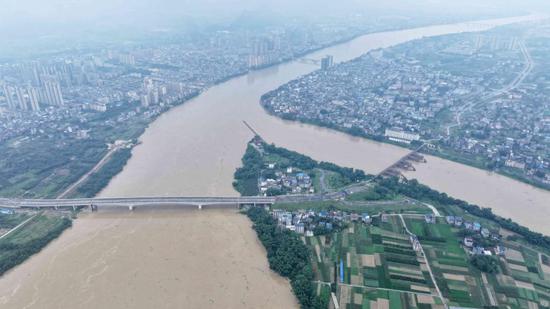
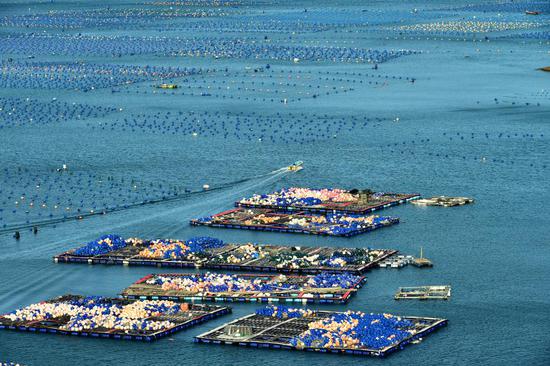





 京公網安備 11010202009201號
京公網安備 11010202009201號